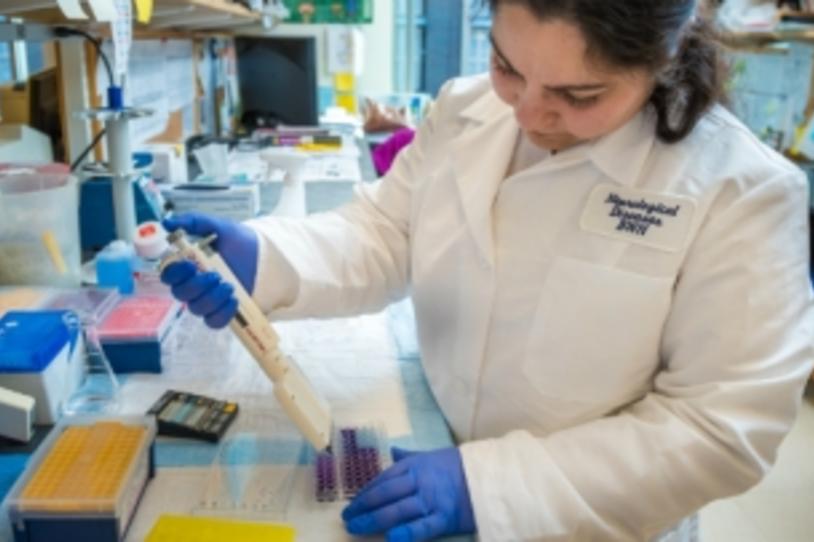
A little known but critical part of The Michael J. Fox Foundation's research is our tools program.
Its goal is to provide the most needed research tools for Parkinson's, so scientists can focus on their important work.
Scientists must often make their own research tools, such as cell lines, antibodies and viral vectors. This wastes precious time and resources, limits quality control and hampers standards and tool availability. MJFF works with experts in our field to identify the tools they need, find the best vendors to make them and then ensure they are affordable and easily accessible.
"New directions in science are launched by new tools much more often than by new concepts. The effect of a concept-driven revolution is to explain old things in new ways. The effect of a tool-driven revolution is to discover new things that have to be explained."
This quote by renowned physicist Freeman Dyson explains why we are investing in this area. There is still a lot we don't know about how and why Parkinson's develops and worsens. The right tools can open up a world of scientific exploration and chart a path toward new treatments. To create new research tools, we work with contract research organizations and other experts. And we do our best to distribute tools through no or low-cost, restriction-free vendors and partner organizations.
Highlights from the tools program in 2018 follow:
- Launched 13 new tools, including 8 antibodies, 3 viral vectors, 1 protein, and 1 assay. There are now more than 100 research tools available.
- Began development of another 12 tools, including 5 Rab antibodies and 2 alpha-synuclein viral vectors.
- Spearheaded five new tool development partnerships that expanded the kinds of tools we can create.
- Published a well-received paper in the Journal of Parkinson's Disease on best practices for creating and using alpha-synuclein fibril models in Parkinson's drug research.
Over the next year, we plan to work even harder to provide Parkinson's researchers with the tools they need to succeed. You can learn more about this program and the tools now available in our Research Tools Catalog.